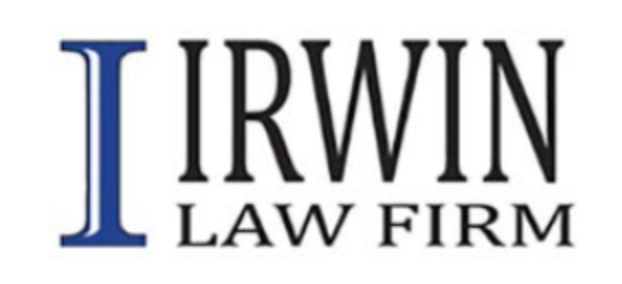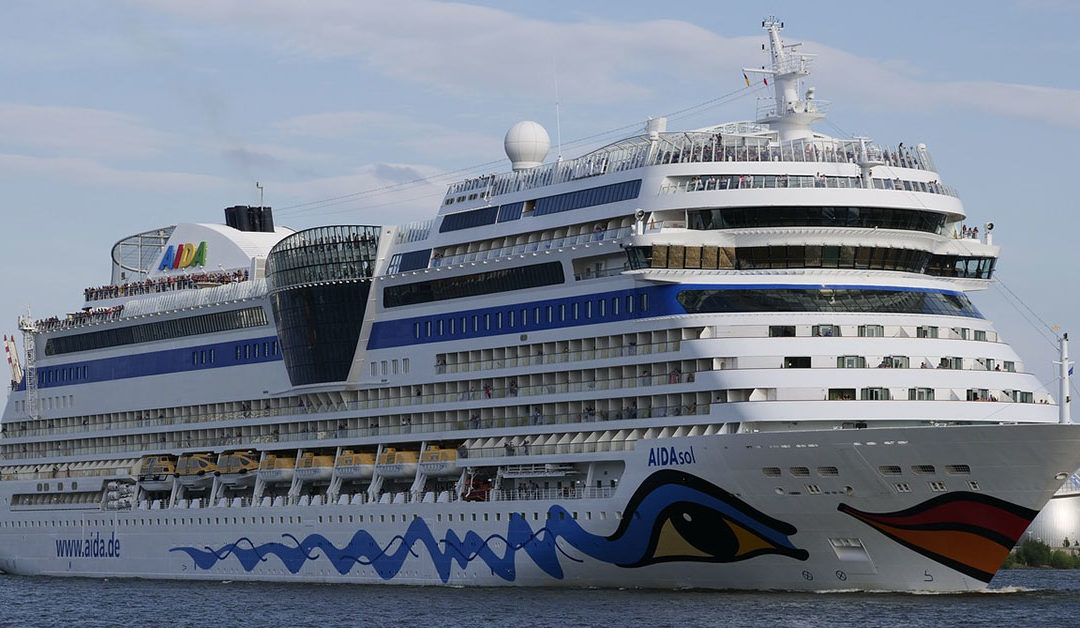Cruise ships can be a wonderful time where you and your companions have plenty of stress-free relaxation and fun. These gigantic marine vessels, however, require certain safety regulations and must meet certain standards in order to function smoothly and keep everybody onboard safe in different types of scenarios. There are many federal agencies in charge of maritime ordinances that cruise ship companies and passengers should be informed about in order to maximize cruise ship safety. Irwin Law Firm is one of the top cruise ship lawyers in the Fort Lauderdale area specializing in maritime and commercial litigation. Call us today for your maritime law needs.
Maritime Regulations
Any passenger vessel carrying 50 or more passengers out of a U.S. port is required by the Federal Maritime Commission (FMC) to be financially capable of reimbursing their customers if a cruise is cancelled. Proof of ability to pay any claims due to passenger injuries or death for which the ship operator may be liable is also necessary, but if an injury occurs during the cruise or if the cruise is cancelled, the consumer needs to initiate action by themselves and on their own behalf against the cruise line. Problems and question passengers have are reviewed by the FMC, and the FMC’s Office of Consumer Affairs and Dispute Resolution Services (CADRS) will contact a cruise line on a passenger’s behalf. However, the final resolution of such complaints or inquiries will end up being private between the parties in question, and the OCC is generally just there to ensure a quick and fair consideration of the issues involved. In such a case, you will generally seek advice from cruise ship lawyers such as Irwin Law Firm.
Agencies That Regulate Cruise Ship Safety
When it comes to vessel safety, the U.S. Coast Guard is the agency responsible. Every cruise ship is regulated under the vessel inspection laws of the country that it is registered in, but the Coast Guard requires the ships to pass certain international safety regulations such as the International Convention for the Safety of Life at Sea in order for a vessel to take on passengers at U,S. Ports. These regulations mainly focus on structural fire protection, firefighting and lifesaving equipment, watercraft integrity and stability, vessel control, navigation safety, crewing and crew competency, safety management and environmental protection, and others. There are regular Coast Guard inspections of cruise ships to make sure they are complying with applicable laws and regulations.
It is also mandatory for cruise ships to provide a security guide for passengers that includes important information, such as a description of the medical and security personnel designated on board to prevent and respond to criminal and medical situations as well as law enforcement processes available with respect to criminal activity.
Contact Us Today
There are many government agencies that regulate cruise ship safety. Ships must meet these regulations in order to protect passenger safety. Irwin Law Firm is one of the top cruise ship lawyers in the Fort Lauderdale area. Call us today for a consultation!

